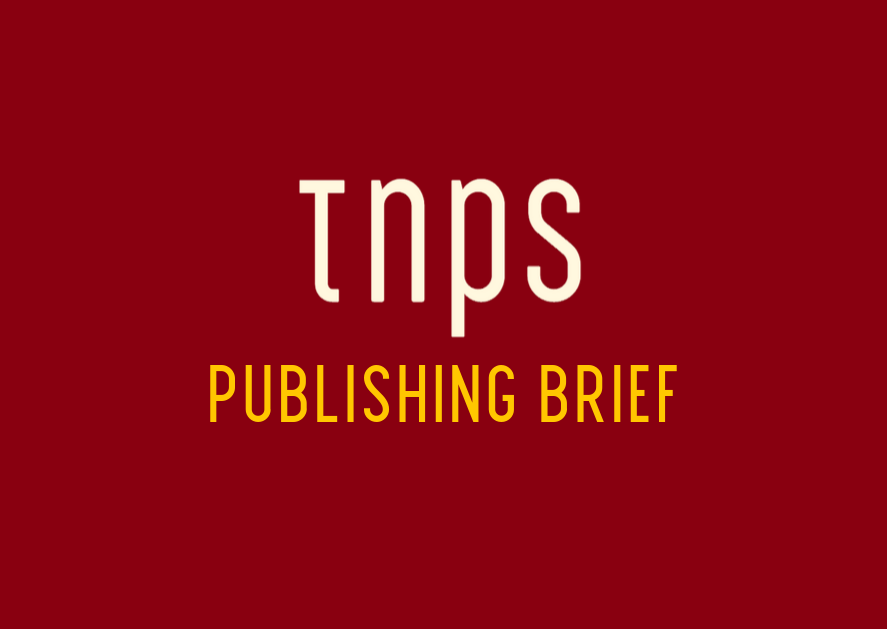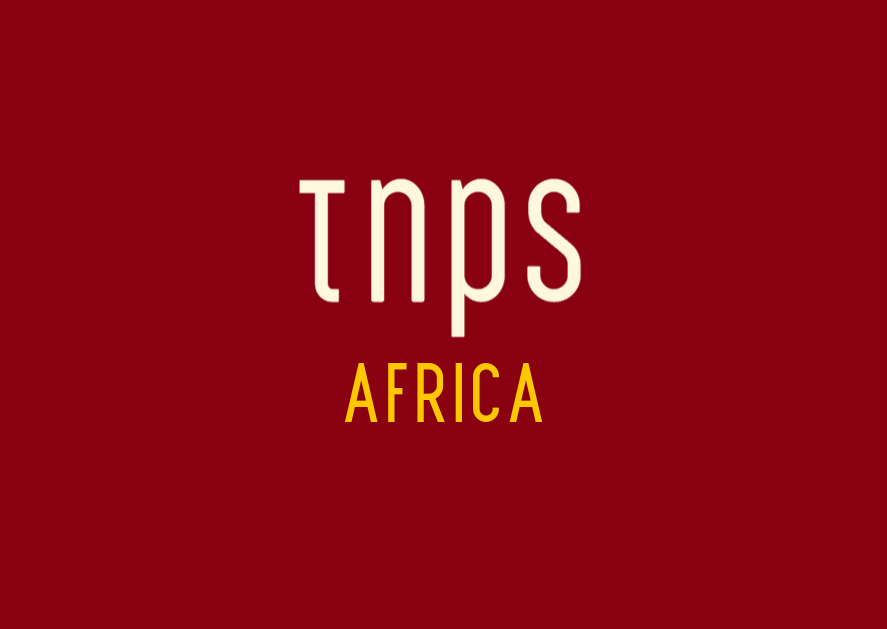With the climate crisis escalating, even as a US government in denial fuels the fire, this prize marks a turning point. By elevating stories that blend urgency with artistry, it challenges publishers and writers to treat the Anthropocene not as a backdrop but as a central creative frontier.
Nigerian-British author Abi Daré has won the inaugural Climate Fiction Prize for her novel And So I Roar (Sceptre, Hodder), a searing exploration of climate injustice through the eyes of 14-year-old Adunni.
The £10,000 award, announced on 14 May in London, recognises fiction that confronts the climate crisis with emotional depth and narrative innovation. Chair of judges Madeleine Bunting praised the novel as a work of “real energy and passion,” highlighting its unflinching portrayal of how environmental collapse exacerbates gendered violence in rural Nigeria, while still offering hope.
Growing Consensus
Daré’s win rams home a growing consensus: climate change is no longer a niche theme but the “unavoidable background for being alive in the 21st century,” as novelist Paul Murray noted.
Her book joins a shortlist of five women-authored works that redefine the genre, from Samantha Harvey’s Booker-winning Orbital – a meditative ode to Earth’s fragility – to Kaliane Bradley’s time-travel rom-com The Ministry of Time.
From Margins to Mainstream
Once relegated to sci-fi dystopias (think Atwood’s MaddAddam or McCarthy’s The Road), climate fiction has evolved into a literary force.
Yet the prize’s inclusion of a Booker winner (Orbital) sparked debate: does climate fiction need its own award, or does that risk ghettoization?
Proponents counter that dedicated prizes amplify underrepresented narratives – like Daré’s focus on African communities, which contribute 4% of global emissions yet bear “some of the harshest effects”.
Why Stories Matter More Than Ever
As Amitav Ghosh lamented in The Great Derangement, literature’s historical silence on climate change reflects a broader cultural failure. The Climate Fiction Prize rectifies this by celebrating stories that “make the abstract real,” as Daré asserted in her acceptance speech.
Crucially, the shortlist rejects doom-laden clichés. Orbital finds beauty in Earth’s fragility; Briefly Very Beautiful locates heroism in daily resilience. These narratives prove that climate fiction isn’t about prophecy – it’s about reimagining agency in a destabilised world.
The Road Ahead
With the climate crisis escalating, even as a US government in denial fuels the fire, this prize marks a turning point. By elevating stories that blend urgency with artistry, it challenges publishers and writers to treat the Anthropocene not as a backdrop but as a central creative frontier.
At risk of treading on The Bookseller‘s toes in the world of puns, Daré’s win shows, the most powerful climate fiction doesn’t just warn – it roars.
Read more about the Climate Friction Prize, launched in 2024 at the Hay Festival.
Daré is a Nigeran-born author living just outside London.
This post first appeared in the TNPS LinkedIn newsfeed.





